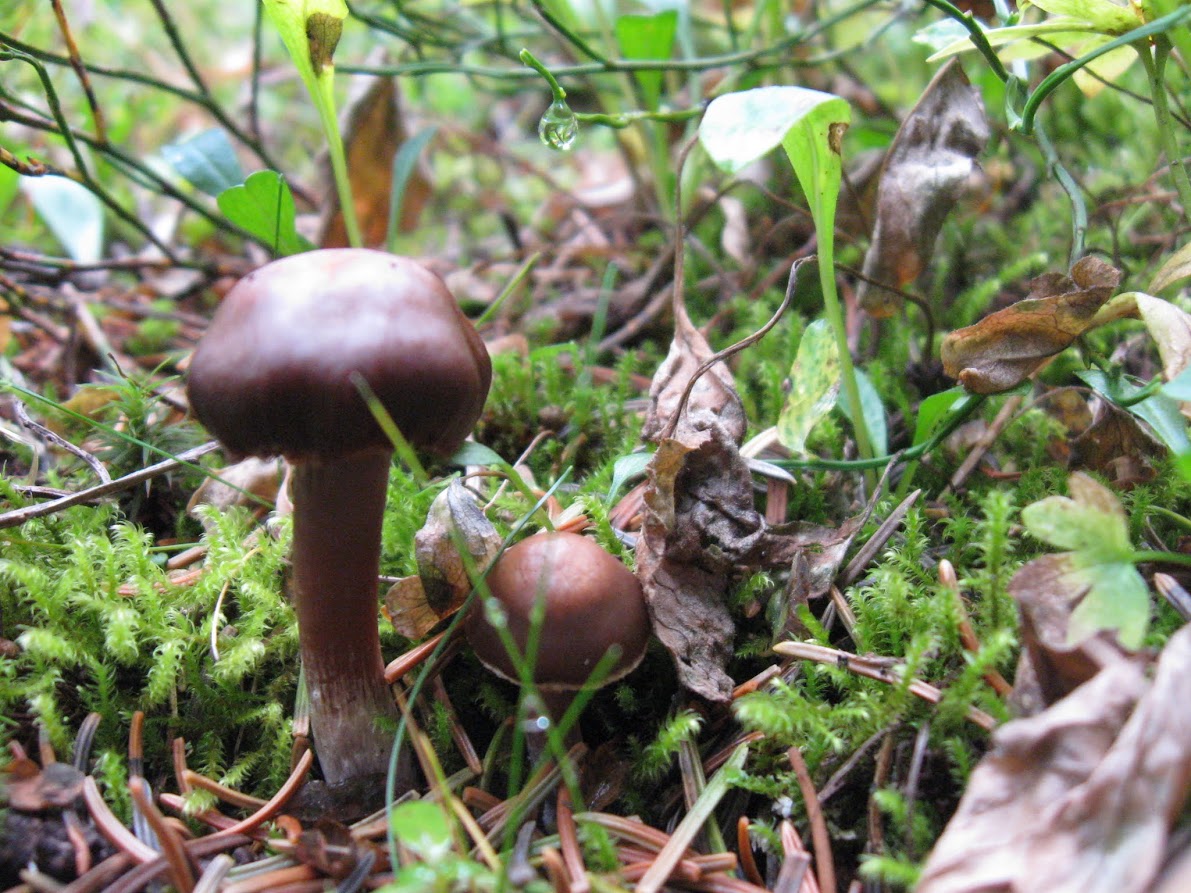i’ve been in the process of reworking an essay (with very necessary help from my book midwife) that has taken months of re-relating to the initial topic, shifting it, finding new ground, and then losing it. it’s been frustrating that i’ve been writing this essay since august (3+ months now) and i still don’t have a final draft. but the process has been very enlightening and is helping me move more into the space of the book i’ve been working on for a little over a year now. here’s some reflection on the process so far:
if writing the essay was a transformation from what i thought was logically needed (i.e. following BIPOC leadership) to something more spiritual, deeper and more wide-spreading (e.g. seeing the unseen worlds where our post-capitalist dreams live), maybe that’s what i’m feeling about the book, too: an opening to this other level, of moving beyond logic. moving beyond the frames of logic we’ve been given toward something that is more human.
i had a flash upon waking this morning about butterflies and river currents and mushrooms and the worry behind “how would mom see this book” or how would it compare, to say, what my partner is reading now – an academic treatise on the end of capitalism (which he often reads to fall asleep, btw). and how my book doesn’t really respond to that. it doesn’t respond to the last book my partner read either, a chronicling of capitalist thought and practice. i think this is because my ideas are no longer caught in the call and response cycle, precisely because we need to move out of it and into a different kind of relationship to what we know as economy. at this point it’s about our psyches, not just about “mental health” (in a western psychological sense) and how we relate with the world. there’s so much anxiety right now. and so many people also yelling “REST.”
i just paused and read some tweets from @storyofwealth on instagram, which is a pretty good account. the tweets were about how taxing the rich is futile (because if we the people don’t have control over where that money goes, what’s the point anyway). true AND i’m not sure that it gets us into a different paradigm. which is what we need: to be able to see other paradigms, not just this one. this feels like having to swim past the breaking waves near the shore to get to a deep calm: there’s a lot within these dominating systems that try and keep us only able to see what they tell us and nothing beyond that.
so this opening feels like an invitation into magic, into the unseen, into the worlds that are around us but we can’t yet feel or live into. they’re there nonetheless. (could this be faith?)
the feeling of “void”ness or “emptiness” outside of capitalism/colonialism/dominating systems is also part of those systems, not a part of the other(ed) realities. the idea that there’s nothing outside the gender binary is a lie…because outside of it there are billions of genders. though it may feel confusing at first stepping outside, perhaps those are the first steps toward our authentic, real, liberated selves.
i sense that’s how it will be (and is) when we step out of capitalism. though it feels like we’re stepping off a cliff, maybe we realize we have wings. maybe these are the first steps toward true freedom: returning to interconnectedness, collaboration, harmony. through practicing repair, trust, returns. through feeling reckoning, grief, and also joy, love, wholeness.
i’m still in this tension with SPEAKING IN A WAY THAT IS LEGITIMATE. speaking in a way where my argument is logical, rational, and follows the rules of dominating culture. (perhaps my role is one of codeswitcher.) i’m pretty (ok, very) sure that that is just part of staying stuck in the same paradigm. AND WE KNOW IT’S WRONG. we know the dominating paradigm is killing many of us, killing the planet and (literally) life as we know it. why do i need to respond to that? i feel like that has to be a point or two up front in the book: as simple as a bulleted list of the harms of capitalism, citing other authors who’ve already done that legwork, just to make the point that we know it’s wrong.
but we can’t stop there.
because we know there were and are civilizations that have lasted in sustainable, harmonious relationship with the planet for millennia.
the difficult part for me is that what i’m trying to say DOES feel illogical. it FEELS all the ways that these dominating systems de-legitimize all the rest: too “airy,” (pun intended!) fluffy, “woo,” not real, not possible, not at scale so therefore irrelevant. it doesn’t play within the rules of logic. and my well-trained brain, educated within this system, says that this means i’m wrong. this is how i get stuck.
but then i remember Alok (a non-binary poet, fashion icon, and visionary) saying how they don’t want to be legitimized by that system. that’s not part of what they seek as it has nothing to do with their freedom. i appreciate the clarity.
this has to do with my fascination with the absurd: those things we can see and may be able to understand, but then label them illogical and “wildly unreasonable” (per the dictionary definition). if those who determine what is reasonable and what is not are those who decide to drill in the arctic, to create borders to justify their xenophobia, to give guns to kids to shoot other kids in school, those deciding that “justice” is white murderers going free, et cetera ad nauseum. if those are the people deciding what is reasonable, then very clearly this kind of “reason” should have no bearing on where we’re going. (let alone limit our possibilities!)
we can’t wait for legitimization from within dominating systems. (i should really write what i mean by dominating systems if i haven’t already.) it will never come. this would only wear us down and burn us out.
so instead i want to move toward freedom, toward liberation. this move might initially feel uncomfortable. we’ll have to learn how to move not just on our own but in connection with others – relearn how to flow together in community. i guess i believe we can. maybe that’s my FAITH.
this could be such an exciting time in human history. where we oppressors right that which we’ve acknowledged we’ve done wrong. where we can learn from all the diversity of ways we live in relationship with the planet. where we can make decisions with our whole selves: heart, body, mind, and not just a logical part conditioned by rules that aren’t grounded in anything. can you see this? can you start dreaming into this space?
dreaming and hoping and faith. opening past containments that no longer serve us: twisted rules of logic, borders, binaries, fragmenting our selves into parts that are “right” and “wrong,” fragmenting nature into value and waste. this opening as not a one-time event but a repeated, fraught attempt to wrestle past them. it is a wrestling that builds muscles. we persist because we know we need what’s on the other side. we need each other. we need a planet that is healthy. we need joy instead of anxiety, celebration and dance instead of burnout. we need dirty fingernails instead of keyboard-trained hands (hold on while i go plant some tomatoes). we need relationships to our selves based in health and “prevention” instead of treating symptoms. we need communal structures that support all of these things – and in some ways, we have ideas as to what they are: universal basic income, healthcare, labor rights, democracy and shared governance, cooperatives, decolonization of land, reparations for all that was stolen. though most of these ideas come from within the dominating system, they have underpinning values that can set us up and help us practice into what will support us more fully.
all of this accidental essay is to say: i think i am inviting us into being less legible, more illogical and perhaps even absurd as we move beyond these structures of “reason” that don’t serve us. i am inviting us into a place where we can radically imagine cultures grounded in care and connection, in wholeness and harmony. i am inviting us into shifting from seeing endings into seeing beginnings and continuations.




